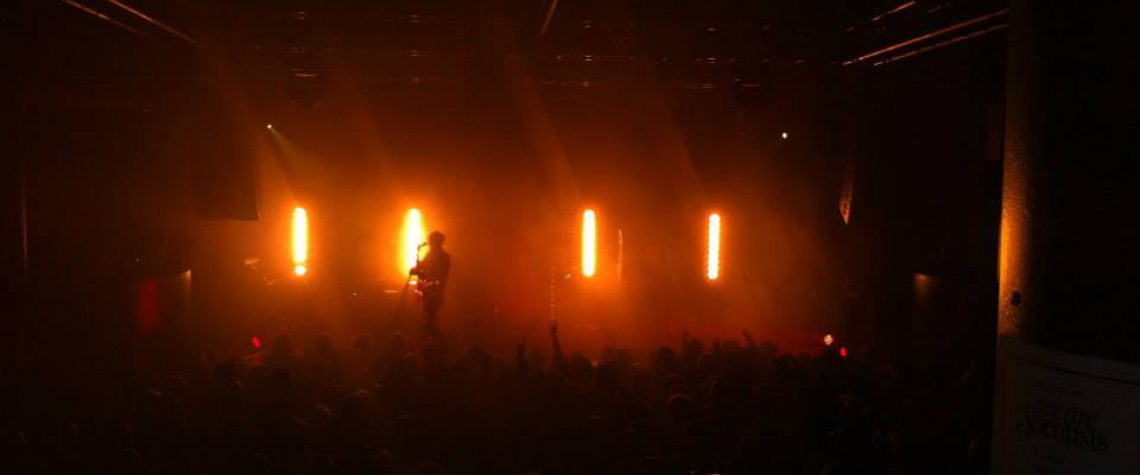Originally released in 1996. This review originally published December 6th, 2008.
Rarely has there been a more successful horse of Troy excercise than Armand Van Helden’s succulent remix of CJ Bolland’s Sugar is Sweeter. Despite confusingly subtitling it the drum and bass mix, the Bostonian airbrushed the android vixen Taz’s twisted grandpere-fuck pleadings of the original with Jade 4 U’s avin’ it friendly “SugarDaddy-o” shout which became the looped refrain, also stubbing out the Prodidgy-esque seizure breaks and replacing them with a familiar 4/4 house chassis. As a result Bolland had the unthinkable – a global hit, which gave label Polygram all the excuse it needed to re-issue The Analogue Theatre with Helden’s funked-up ultra makeover as an additional sales prop.
Born in northern England but relocating to the low countries at an early age, Bolland was in fact already a veteran of the rave, acid house and hardcore scenes which had dominated warehouse parties since the late eighties. Each of these eras is recalled in one way or another; the title track shamelessly rips off Richard D. James’ early acid techo classic Digeridoo, There Can Be Only One was forged in the aural image of classic R&S – all pulsing synths, otherwordly hi-hats and endless crescendo – whilst the mule kick loops and bleeping spring of Kung Kung Ka was pure rave gloria in excelsis.
Sugar is Sweeter’s reflected glory also drew attention away from Bolland’s masterwerk. Sampling Willem Defoe’s venal recruitment speech from the Last Temptation of Christ, The Prophet was possibly the finest track the hardcore era never produced, bombarding the listener with pristine, bloody wake and sub-bass, it seemed designed specifically to be consumed amongst a crowd of three thousand wide-eyed, sweat soaked people on the verge of blitzkreig’d emotional and spiritual exhaustion. Mechanistic perfection in every beat and shifted frequency, The Prophet was the last gasp of a movement headed back underground as clubbers sought the more gregarious vacuity of house and garage. The Analogue Theatre closed, a ghostly memorial to music in a more primeval mode.

